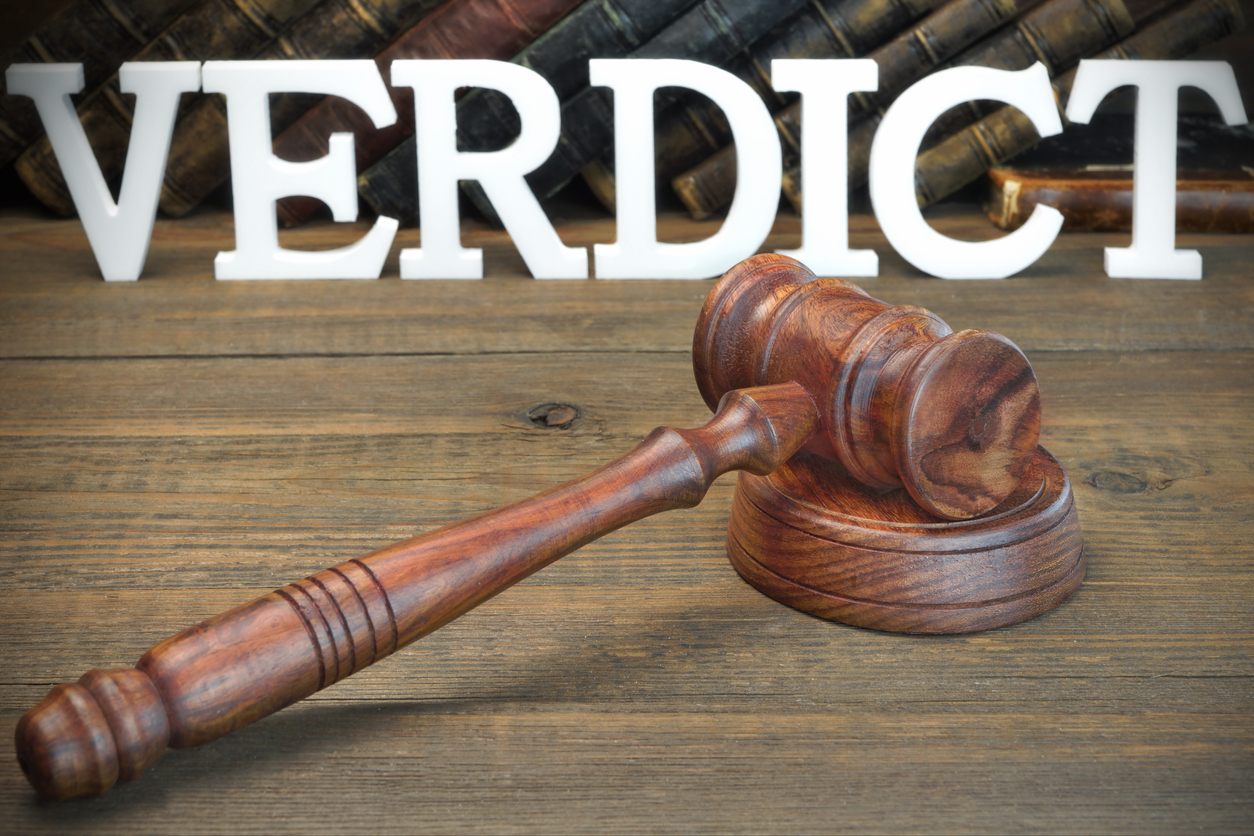In many states that have addressed the issue, an insurance company is obligated to pay contractor overhead and profit as part of replacement cost coverage, regardless of whether the insured hires a contractor or pays overhead and profit to a contractor. In Mee v. Safeco Ins. Co. of America, 908 A.2d 344 (Pa. Super. 2006), policyholders brought an action against their insurer for bad faith breach of the insurance contract because the insurer failed to pay overhead and profit related to the insureds’ repair to their house. The insurer refused to issue payment for contractor overhead and profit without proof that the insured had actually hired a contractor. The Superior Court of Pennsylvania held, as a matter of law, that repair and replacement costs include overhead and profit where use of a contractor would be reasonably likely, and that the insured is entitled to payment for those items even if no contractor is used.
The court rejected the insurer’s argument that paying the policyholders the overhead and profit would result in a windfall to the insured.
Relying on Gilderman v. State Farm Ins. Co., 649 A.2d 941 (Pa. Super. 1994), the court reasoned that insureds who purchased replacement cost policies have paid an additional premium for such coverage so that the policyholders can afford to repair or replace their property at current value and effectively keep the value of their property the same. No windfall occurs where the policyholder receives coverage for which it has paid and to which it is entitled, even if the policyholder does not actually incur the costs of a general contractor.
[T]he issue is not whether a given cost is contingent. The issue is what [insurer] agreed to pay to its insureds prior to actual repair or replacement. It agreed to pay ‘actual cash value,’ which means ‘repair or replacement cost less depreciation.’ Thus, the real inquiry is what is included in ‘repair or replacement costs.’ We hold that repair or replacement costs include any cost that an insured is reasonably likely to incur in repairing or replacing a covered loss. In some instances, this will include use of a general contractor and his twenty percent overhead and profit.
Colorado courts have not directly addressed policyholders’ rights to actual cash value payments including contractor overhead and profit. However, the Colorado Division of Insurance issued a bulletin in 2007 regarding residential property policies and overhead and profit:
III. Division Position
Insurers shall be prohibited from deducting contractors’ overhead and profit in addition to depreciation when policyholders do not repair or replace the structure.
The relevant policy language states:
“We will pay the actual cash value of the damage to the buildings, up to the policy limit, until actual repair or replacement is completed.”
The Division of Insurance has learned that one or more insurers have interpreted this language, or substantially similar language, to permit deduction for contractors’ overhead and profit, in addition to depreciation, from replacement cost in calculating actual cash value.
The position of the Division of Insurance is that the actual cash value of a structure under a replacement cost policy, when the policyholder does not repair or replace the structure, is the full replacement cost with proper deduction for depreciation. Deduction of contractors’ overhead and profit, in addition to depreciation, is not consistent with the definition of actual cash value. The Division of Insurance will interpret policy provision containing the foregoing or similar language to prohibit deduction of contractors’ overhead and profit, in the calculation of actual cash value, where the dwelling is not repaired or replaced by the policyholder.
Nothing in this bulletin shall be construed as prohibiting the carrier and insured from explicitly agreeing to a different method for calculating actual cash value.
Although this Colorado Division of Insurance bulletin in not binding, in combination with much of the case law around the country, it provides strong support for policyholders’ entitlement to Actual Cash Value payments which include overhead and profit for a general contractor.



